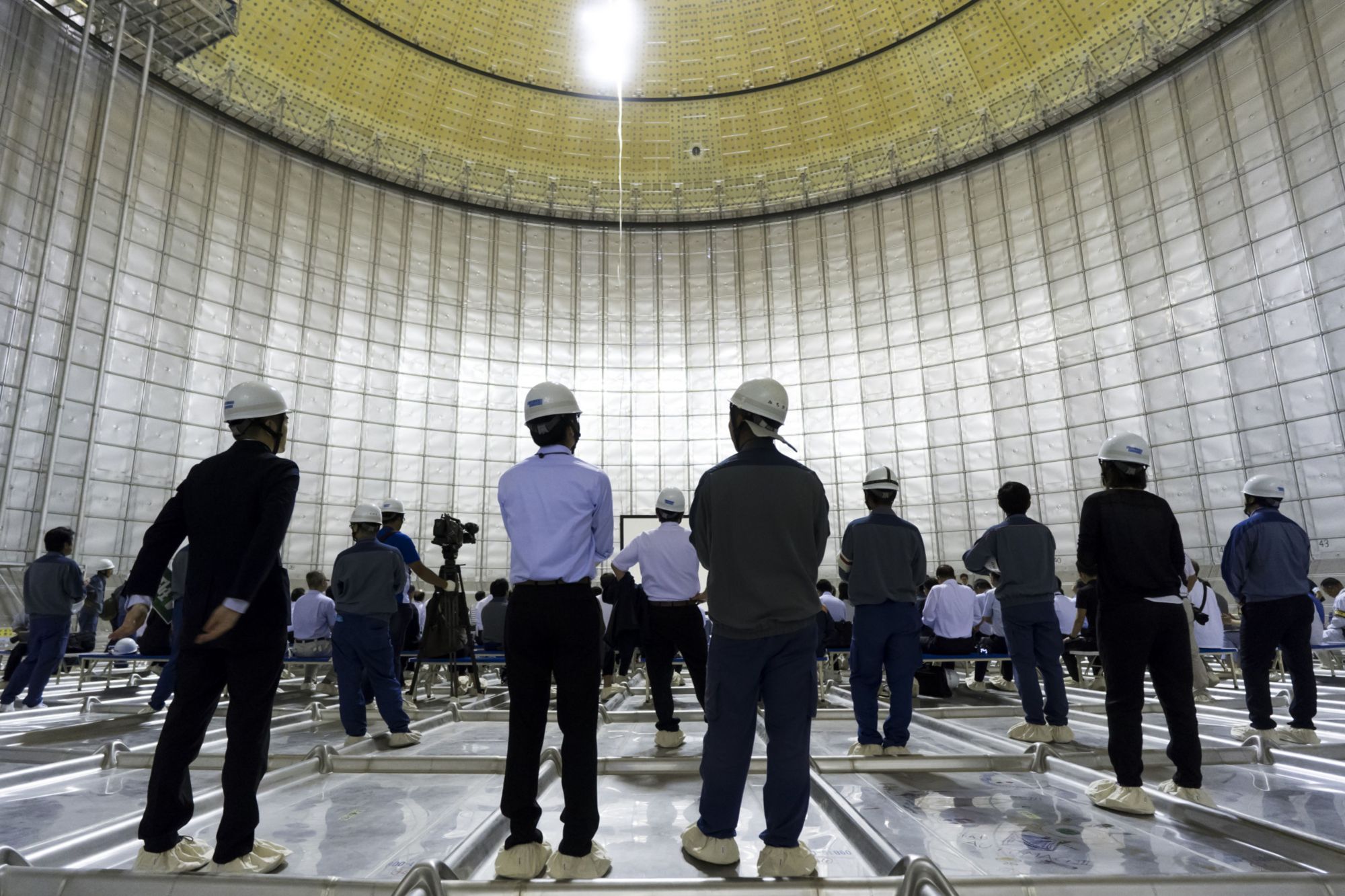Japanese power producers have been emitting more carbon dioxide since the 2011 nuclear disaster led to an increased reliance on fossil fuels, but a new kind of bond could help them reverse that trend.
So-called transition bonds can pay for not-so-green companies to move toward cleaner business models, and Japanese electrical utilities could issue them to help reduce carbon emissions, according to Mana Nakazora, chief ESG and chief credit analyst at BNP Paribas SA.
Companies overseas such as Hong Kong's Castle Peak Power Finance Co. and Brazil's Marfrig Global Foods SA have already sold such notes.
The introduction of transition bonds in Japan could provide investors with more opportunities to put their money in environmentally friendly debt.
The government has set a target of reducing emissions from fossil fuel-generated power by 34 percent by 2030, as part of a broader commitment to cut total emissions by 26 percent. However, those cuts are being measured against the highest levels in decades, set in 2013.
In the meantime, companies abroad are pushing ahead with issuance of debt they call transition bonds.
Castle Peak, a subsidiary of CLP Holdings Ltd., issued $500 million of notes in July 2017 to pay for a natural gas plant that it said was critical to Hong Kong's efforts to cut emissions. Marfrig, the world's second-largest beef supplier, sold $500 million of bonds last year that it said will fund the purchase of cattle from ranchers in the Amazon region who comply with non-deforestation and other sustainable criteria.



















With your current subscription plan you can comment on stories. However, before writing your first comment, please create a display name in the Profile section of your subscriber account page.